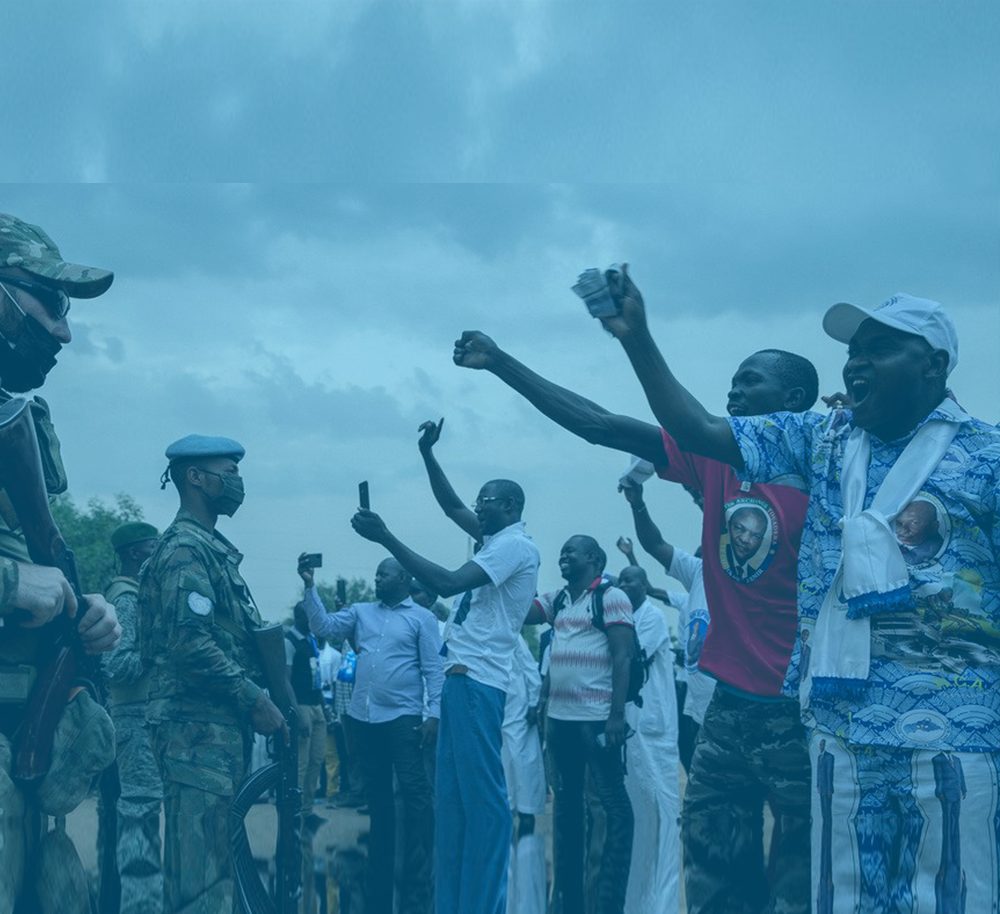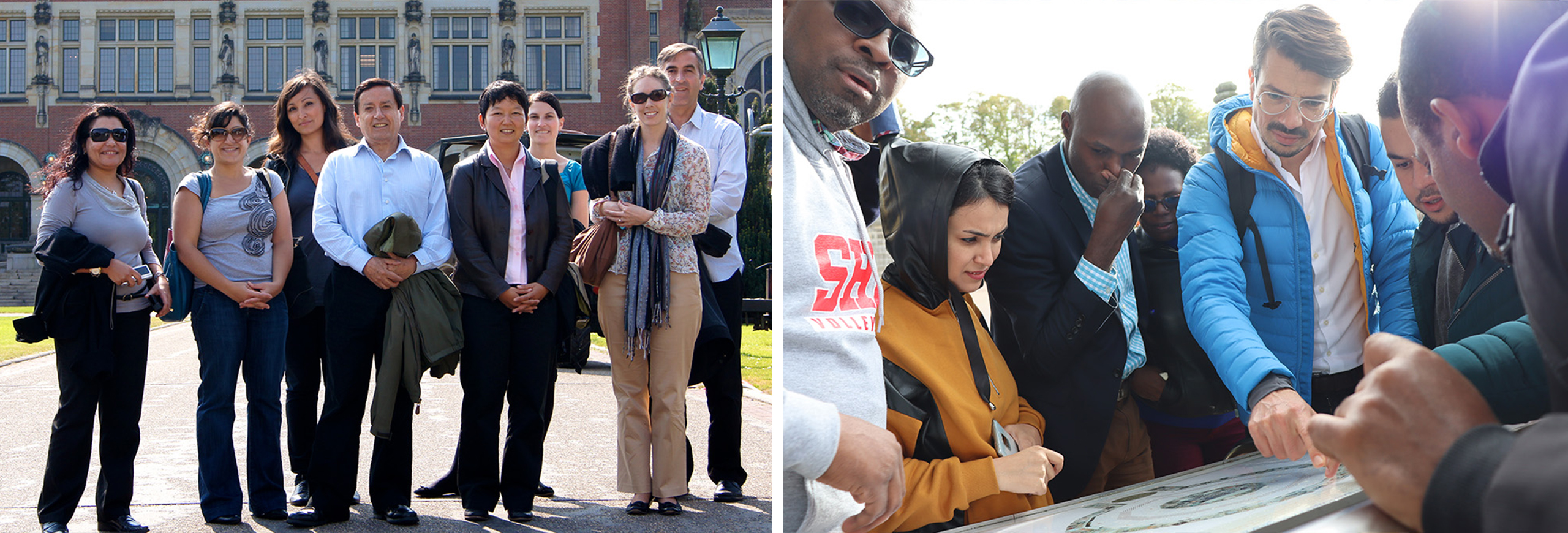
The course was a remarkable learning experience. I appreciated the sessions by the experts, the interaction with fellow participants and the real-life case studies. The programme provides theoretical approaches such as the human security approach, and also equips you with tools to implement them in practice. I also gained useful knowledge on what local governments can do to prevent violent conflict.












